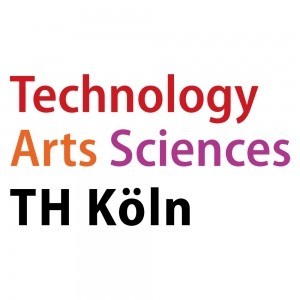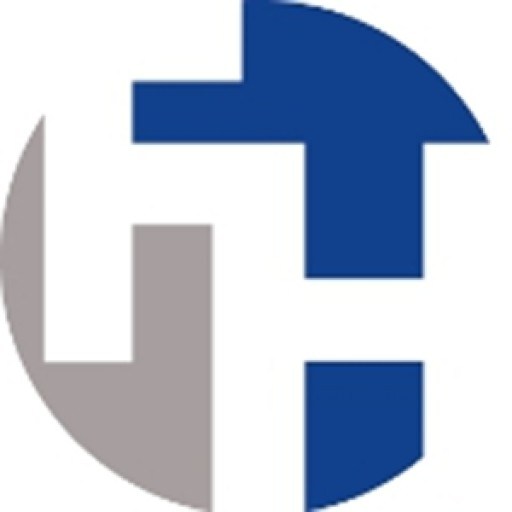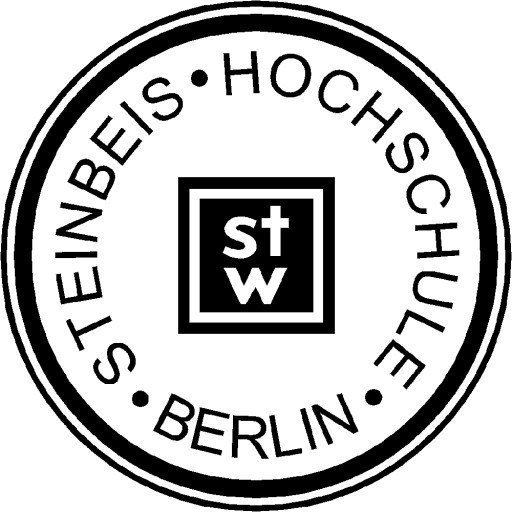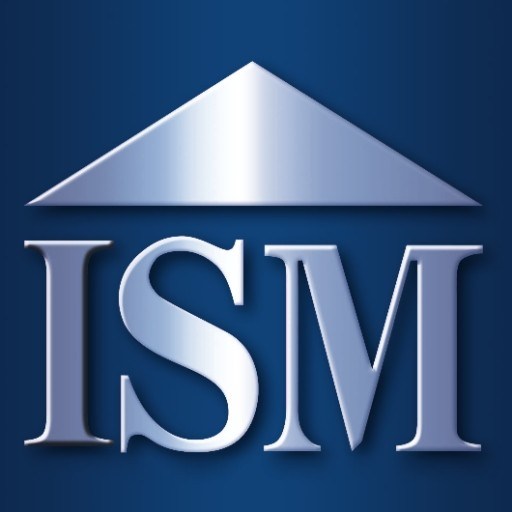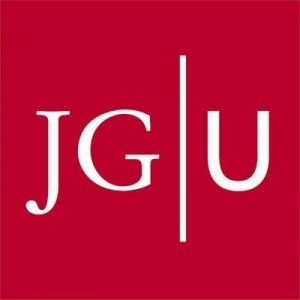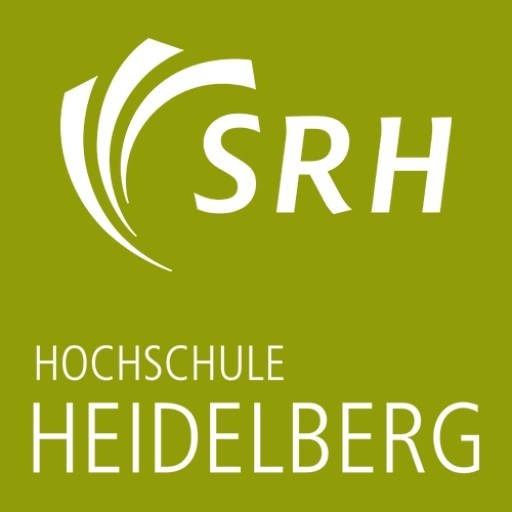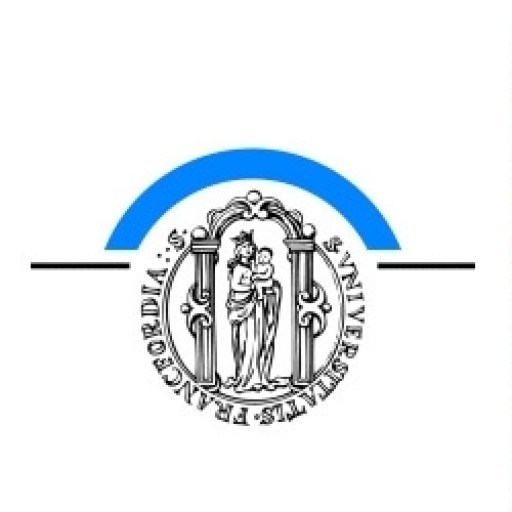Photos of university / #th_koeln
International Business at TH Köln – University of Applied Sciences is a comprehensive and globally oriented program designed to prepare students for dynamic careers in the interconnected world of commerce. This Bachelor's degree program provides a solid foundation in core business disciplines such as management, marketing, finance, and economics, while emphasizing international perspectives and intercultural competence. Students will gain practical skills through project work, case studies, and internships, enabling them to tackle real-world challenges in diverse business environments. The curriculum incorporates modern topics like digital transformation, sustainability, and global supply chains, equipping graduates with the ability to innovate and adapt in a rapidly changing global economy. Courses are taught in English, fostering language proficiency and enabling direct engagement with international students and partners. The program benefits from close ties to industry and offers opportunities for international exchange, allowing students to broaden their horizons and build an international network. Designed for those wishing to pursue careers in multinational corporations, consulting firms, or entrepreneurial ventures, International Business at TH Köln combines academic excellence with practical relevance, preparing graduates to succeed globally and contribute meaningfully to international business development.
Educational organisation
The first year comprises the following modules:Operative and Strategic International Marketing, Global Strategy, International Business Development, International Risk Management, Global Business Logistics, Quantitative Methods, Cross Cultural Management and Global Economics.
Students choose two from the following three electives during the second semester: International Leadership and Corporate Governance, International Business Law or Knowledge Management.
In the second year (third semester), students spend a mandatory semester abroad, where they select at least one course from the fields of Finance, Accounting, Business Ethics and Human Resource Management for credit toward their degree. Additional courses for credit may be chosen from the fields of Regional Studies, Emerging Markets, Economic Geography and International Politics.
During the fourth semester, students complete the Multidisciplinary Research module and write their Master's theses, which may be prepared in cooperation with an international company or organisation. The programme concludes with a colloquium upon successful completion of the thesis. Students are encouraged to complete an internship at companies or organisations during the summer and winter breaks. Alternatively, students may apply for a post in the programme's business consulting firm, CIBCO. CIBCO stands for Cologne International Business Consultancy e.V., and is a student-run consultancy which assists corporations in their increasingly complex struggle to find their strategic position internationally to meet the challenges of an ever-growing globalisation of markets.
Alongside their studies, students have many opportunities to demonstrate their social responsibility and commitment as well as to improve their knowledge. Active communities on campus include the departmental student representatives of business administration studies (Fachschaft Wirtschaft, http://www.fachschaft-wirtschaft.info), the student union (AStA, http://www.asta.th-koeln.de) and many other student initiatives, such as the Faculty Alumni Association, Marketing zwischen Theorie und Praxis e.V. (MTP), and Enactus.
Study abroad unit(s)
Students are required to study abroad (during the third semester). Students may spend their semester abroad at any other accredited university outside of Germany, provided that the institution satisfies the IBMA curriculum and that costs are borne by the students. A limited number of exchange and cooperation arrangements with a tuition fee waiver at the foreign university are in place. In 2013, exchange agreements existed with universities in Argentina, Australia, Austria, Belgium, Bolivia, China, France, India, Indonesia, Italy, Poland, the Republic of South Korea, Sweden, Tanzania, Turkey, and the United States of America (about 60 spots available at graduate level). Programmes abroad will differ from TH Köln and IBMA in terms of teaching methods, structure, and style as they are set in another country's educational system.Internships
Students may write their Master's theses in cooperation with an international company or organisation.Forms of assessment
Examinations are held in the form of written and oral exams, essays, presentations, case studies, and project work. Each module contains an exam in any of the above-mentioned forms or a combination of these and earns 6 ECTS points.Course objectives
The Master's programme allows students to expand knowledge gained during their undergraduate studies in international business. Graduates are qualified for leadership positions in internationally operating companies and organisations, with special focus on international strategic management. By means of specific coursework and the mandatory semester abroad, our alumni have at their disposal skills and knowledge necessary to manage cultural diversity in the dynamic and uncertain environment in which international business is conducted.Language requirements
GMAT (minimum of 400 points or equivalent in the GRE; see the GRE Comparison Tool: http://www.ets.org/gre/institutions/about/mba/comparison_tool)Proof of an excellent command of the English language (B2 level, as established in the Common European Framework of Reference for Languages (CEFR))
Applicants must submit proof of language skills in a foreign language other than English and their mother tongue (or two languages other than English, if English is their mother tongue).
Academic requirements
Completion of a university-level Bachelor of Arts or Science in international business (or in a related field, for example business administration or economics) with a minimum grade point average of "good" (2.5) in the German grading system or its equivalent. Minimum of 500 points in the GMAT (or equivalent in the GRE). Proof of an excellent command of the English language (B2 level, as established in the Common European Framework of Reference for Languages (CEFR)). Proof of knowledge of two languages other than English.Social skills, intercultural competence, international experience as well as high motivation to successfully participate in and complete the International Business Master's programme.
For more information on applicant eligibility and the admission process, see the "How to Apply" section of our website:
http://www.f04.th-koeln.de/studium/studiengaenge/international-business/master-en/00124/index.html
Enrolment fees
The fee of about 250 EUR per semester includes a semester ticket covering public transport in the state of North Rhine-Westphalia.Costs of living
The costs of living for your stay largely depend on your personal needs. When planning your stay, you should calculate monthly costs of approximately 700-800 EUR.Job opportunities
Taking on a part-time job while studying has lots of benefits. Students can make some extra money, gain valuable professional experience, and might take a first step up on the career ladder.Whether and how long you are allowed to work during semester breaks is determined by your immigration office. The provisions applying to your specific case will be stated in your residence permit. To find out about these provisions, we recommend you make an inquiry at the immigration office during your first visit. International students from countries that are not member states of the EU, the EEA, or Switzerland are normally permitted to work 120 full or 240 half days per year if they are in possession of a valid residence permit for Germany.
TH Köln can assist you in finding a job that suits your profile and interests. Our Career Service and our Nebenjobservice (Part-Time Job Service) offer comprehensive counselling and specific information events on all aspects related to part-time jobs.
Please be aware that the level of your German language skills will strongly affect your chances of finding a part-time job, as German is the language of communication in Germany.
Funding opportunities within the university
TH Köln as well as other institutions offer different scholarships for international students such as the Deutschlandstipendium scholarship. Recipients receive approx. 300 EUR per month.https://www.th-koeln.de/en/international_office/deutschland-stipendium-scholarship---information-for-students_9164.php
Arrival support
Students will attend an information event during the orientation week held by the IBMA Programme Administration, but also receive a thorough information package prior to their arrival. Students are provided with an English version of the IBMA Check List, a tool which covers all aspects of all phases of their studies at TH Köln, starting with helpful information prior to and upon arrival, including relevant information on Examination Regulations and graduation formalities. All relevant information about studying in the IBMA Programme and at TH Köln is also available in our IBMA Info Sheet: http://www.f04.th-koeln.de/studium/studiengaenge/international-business/master-en/00125/index.htmlServices and support for international students
TH Köln - University of Applied Sciences - follows the National Code of Conduct on Foreign Students at German Universities established by the German Rectors' Conference (HRK).The International Office provides advice and support for international students on all aspects related to studying at TH Köln. The International Office accompanies your stay at our university with a variety of programmes and events and invites you to become a part of our international community (e.g., mentoring programmes for new first semester students, TH Köln Buddy programme KARIBU, or Language Partnership programme).
Every semester, the International Office organises a semester programme including exciting cultural events to connect German and international students as well as activities to jointly discover different aspects of Cologne (e.g., a guided tour of Cologne, trips to museums and theatres, or a semester trip to the German capital Berlin).
Accommodation
Boasting a population of slightly more than one million, Cologne is Germany's fourth-largest metropolis - a highly attractive one on top of that. The increasing influx of people can make the search for adequate accommodation quite difficult. Dozens of apartment hunters often compete for a single apartment. That is why the International Office strongly recommends that you start looking for a place to live as soon as possible.The fierce competition on the housing market has resulted in above-market rents - particularly in proximity of the city centre. We therefore encourage you to be flexible: try to look for apartments outside the centre, as you will encounter less competition and lower rents.
Student dormitories
Cologne's most convenient and economical housing option is often a student dormitory. Kölner Studierendenwerk operates 86 student dorms offering roughly 4,700 rooms. Please be aware that TH Köln does not allocate the rooms in these dorms. In order to be allocated a room, please apply online on the website of Kölner Studentenwerk by clicking on "online-application". See: http://www.kstw.de/index.php?option=com_content&view=article&id=315&Itemid=11&lang=en.
The seemingly large number of dorm rooms is misleading; as the dormitories are open to the roughly 80,000 students enrolled at all Cologne universities, they are in extremely high demand. Make sure to apply for a dorm room at Kölner Studierendenwerk as early as possible.
